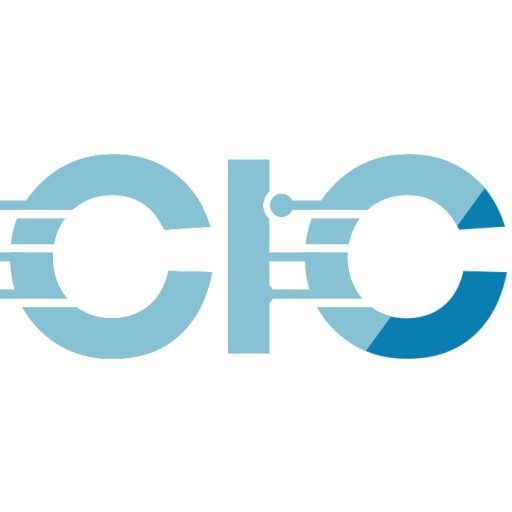- GAC Toyota will appoint local personnel with the deepest understanding of the Chinese market to lead R&D efforts, including new models and facelifts.
- This will transform Toyota's previous working approach, accelerating the production of better vehicles in China, Toyota said.


GAC Toyota -- one of Toyota's joint ventures in China -- will transfer decision-making for new vehicle development in China from Japan to China, as the automaker seeks to regain relevance in the world's largest electric vehicle (EV) market.
Yoshiaki Konishi, head of Toyota's EV R&D center in China, announced the plan at a technology event hosted by GAC Toyota yesterday, stating that Toyota will implement local R&D tailored to the Chinese market.
Toyota will continue to advance its RCE (Regional-Chief Engineer) system, with local personnel who best understand the Chinese market taking the lead in R&D for new models and facelifts.
In China's rapidly changing market, Toyota should conduct local R&D independently of global models, Konishi said.
This will transform Toyota's previous working methods and accelerate the production of better cars in China, the Japanese automaker said.
In recent years, Japanese automakers have begun to be marginalized, with market share being taken by domestic automakers that better understand customer needs.
In May, China's new energy vehicle (NEV) retail sales reached 1.02 million units, accounting for 52.9 percent of new vehicle retail sales, according to data from the China Passenger Car Association (CPCA).
The penetration rate of NEVs of domestic brands in May in retail sales was 74.6 percent, luxury brands 25.0 percent, while mainstream joint-venture brands only 6.4 percent.
Nissan has become one of the first Japanese automotive giants to adjust its strategy in China and has already begun to see results.
Nissan's joint venture, Dongfeng Nissan, launched the N7 on April 28, a pure electric sedan developed by a Chinese team, which received over 17,000 orders within 35 days of its launch.
For Toyota, it has already seen the benefits of greater localization.
The first all-electric model developed by RCE, the bZ3X, sold 15,000 units in its first month on the market, according to GAC Toyota.
GAC Toyota launched the bZ3X on March 6, with a starting price of RMB 109,800 ($15,150), making it Toyota's first all-electric SUV priced under RMB 100,000.
GAC Toyota's second locally developed model, the bZ7, is expected to launch in the first quarter of 2026.
The vehicle will feature Huawei's Harmony cockpit and be equipped with Huawei's DriveONE motor, according to GAC Toyota.
The bZ7 will also integrate with Xiaomi's accessory ecosystem, including in-car wireless phone charger, smart walkie-talkies, and high-intensity flashlights.
Additionally, Toyota's popular Highlander SUV (sport utility vehicle) and Sienna MPV (multi-purpose vehicle) in China will offer extended-range electric vehicle (EREV) variants, according to GAC Toyota.
($1 = RMB 7.2478)


The Toyota bZ5 is the latest comeback by a joint venture automaker in China after the Nissan N7.


